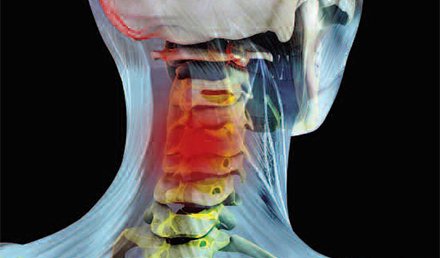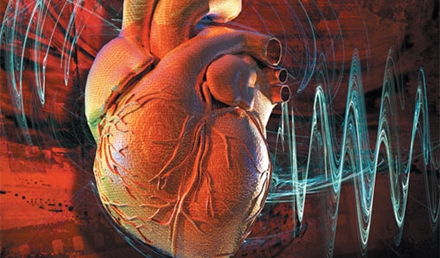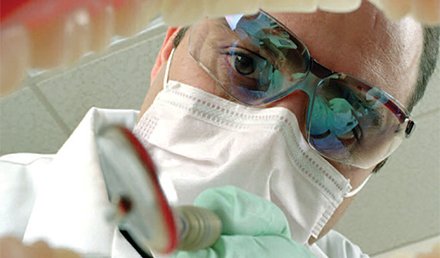Urgent message: The differential diagnosis of neck pain is broad. A systematic and effective approach is required to rule out life-threatening conditions. RANIER NG, DO, and MICHAEL ROWANE, DO, MS, FAAFP, FAAO Neck pain is a frequently encountered complaint in urgent care. About two-thirds of the population will experience neck pain at some point in their lives.1 Many patients experience a sense of debilitation with every movement of their neck. Patients may perceive neck pain …
Read More





